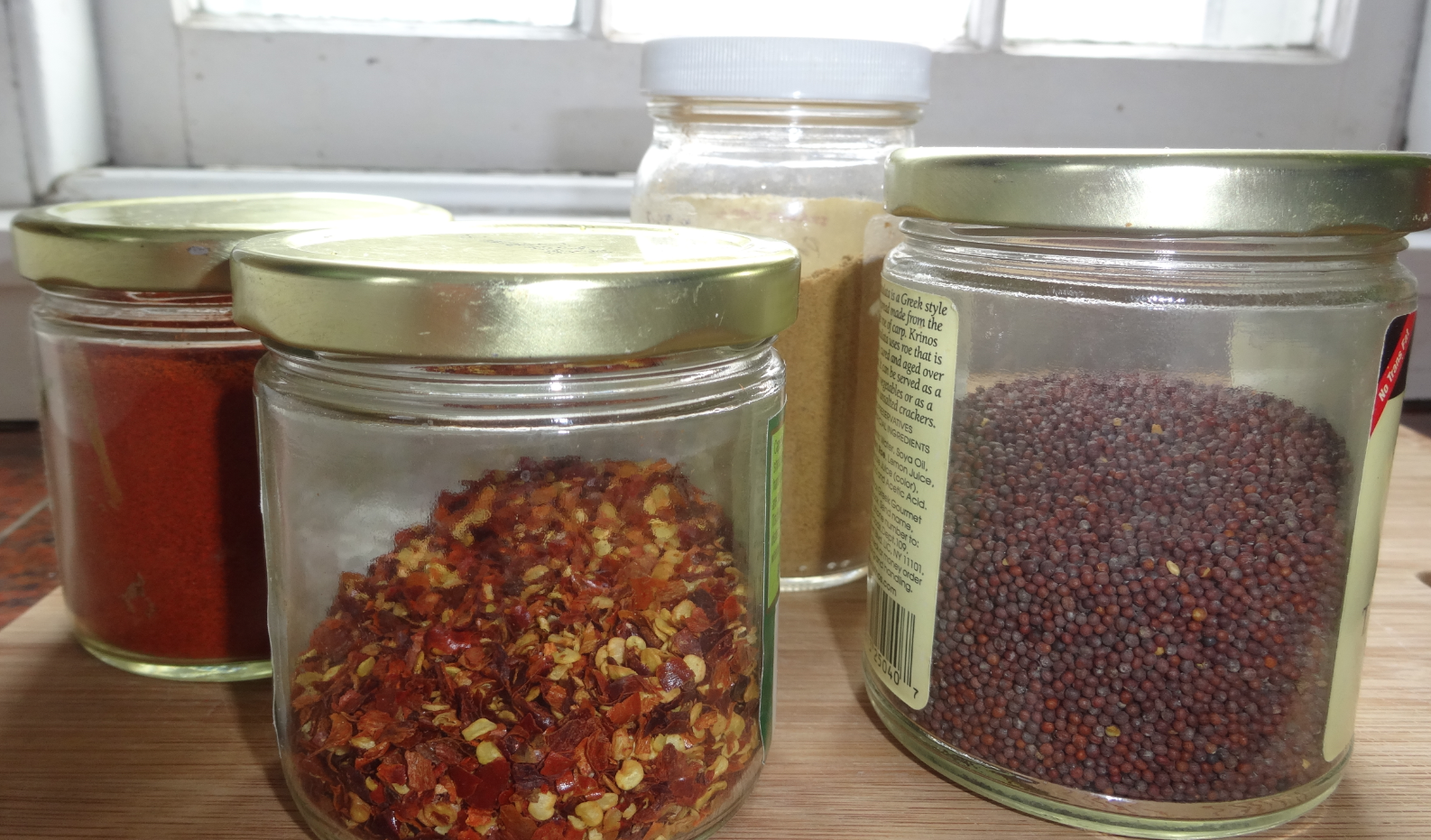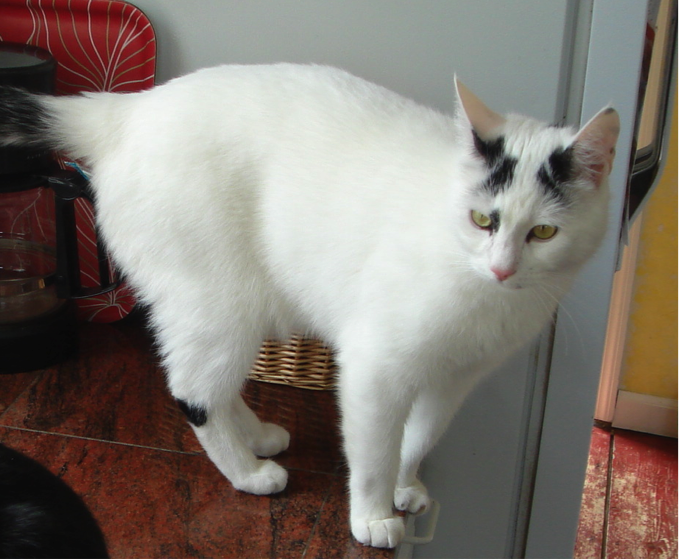Perhaps you have heard about the term locavorism, buying your groceries from within a 50 miles radius of where you live and in season in order to cut down on your carbon footprint (another one of those "green" terms). Buying produce locally is a challenge when you live where the growing season stops for several months (more on that in Barbara Kingsolver's delectable book Animal, Vegetable, Miracle). What I have been able to buy locally year round for years now are honey, eggs, milk and meat. So many people in our area are keeping chickens that I am able to buy my eggs from a friend down the road and a nearby farm.
Same for honey (when we are not keeping bees, which is a whole other story). I get it in 5lb jars from a local beekeeper, who processes it minimally. With all the well publicized bee problems his bees have remained healthy without much interference and "bee management." We use a lot of honey as a substitute for sugar - in the hot chocolate I make for the kids in the morning, in cooking and baking, also drizzled over yogurt, pancakes, fruit salad or ice cream.
Our raw milk comes from one of the two approved farms in our county. Several families have gotten together and we take turns picking the milk up each week for the group.
Finally, the meat - I buy almost all our meat in bulk from two local farmers and keep it in our large chest freezer in the basement.
Bulk purchases require different storage strategies than weekly small scale supermarket shopping - you need pantry and freezer space. It also requires a cash outlay. In addition, I had to learn to plan ahead. My chicken farmer for example asks me in the spring how many chickens I want to pick up in June to last me through the summer, and they ask me in June how many I would like in September to last me through the spring. With regard to the milk I drop my empty jars off each week for the following week's order, so I have to plan a week ahead for the family's milk needs (it doesn't always work out if I decide to make ice cream or panna cotta or something else that requires lots of milk).
Something to consider. Also look at a previous post on bulk produce shopping.










